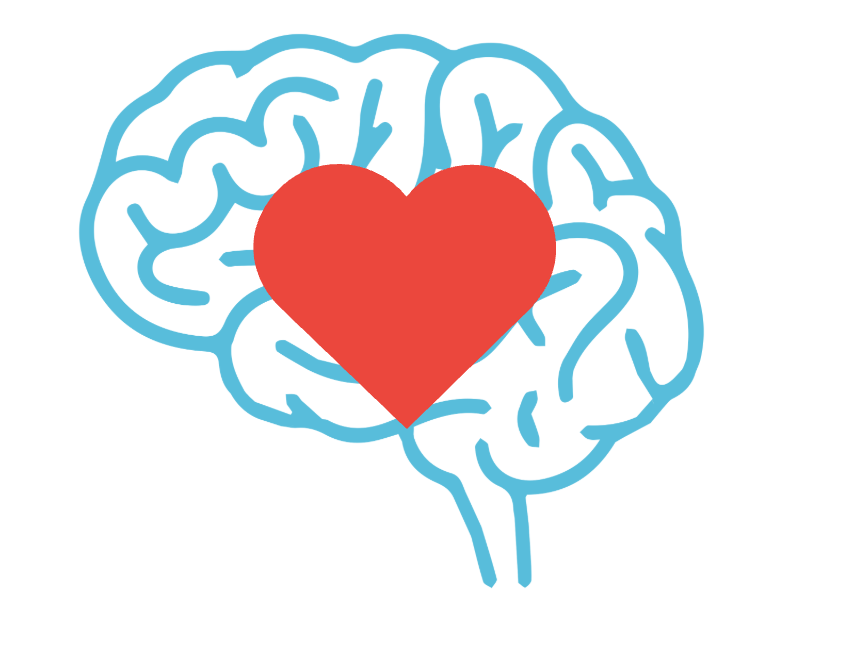Mental Health is an important factor of life for everyone, whether who you are it affects how individuals cope with adversity, handle tasks, and live fulfilling lives. One specific area that can be managed is how to cope with anxiety. Anxiety is a common mental health condition that brings persistent worrying, fear, and nervousness that can interfere with someone’s daily life. Different ways to deal with anxiety are lifestyle changes, relaxation techniques, and to seek professional help.
Lifestyle changes play a key role in helping someone deal with anxiety. Engaging in regular physical activity releases endorphins that have mood boosting effects. Joining in on sports can help distract someone from worries, build social support, fostering a sense of purpose, and improve confidence. Also getting enough sleep helps one have less stress, as sleep deprivation can worsen anxiety. Sleep helps anxiety by allowing the brain to restore its emotional regulation mechanisms, specifically by lowering activity in the brain’s emotional accelerator. Substituting water for caffeine and alcohol to one’s day can help calm the nervous system. This can reduce the frequency and intensity of these physical sensations, calm the central nervous system, and improve sleep. Also eating a healthy diet rich in fruits, vegetables, and whole grains can make one’s body feel better and relive stress. A balanced diet provides essential nutrients, such as vitamins, minerals, and antioxidants, which support the body’s stress-coping mechanisms. Lifechanging styles can reduce stress by promoting better physical and mental health, increasing resilience, and giving you a greater sense of control and purpose. Instead of simply reacting to stressors, you proactively align your daily habits with your goals and values, which builds a strong foundation for managing challenges.
Relaxation techniques can help too. Practicing deep breathing exercises, meditation, or yoga can reduce stress and calm the mind. These are mind-body practices that have been shown to effectively reduce stress. To add on the use of guided imagery or visualization techniques to create a sense of peace and relaxation can put ease of someone’s mind. Guided imagery helps reduce stress by activating the relaxation response through mental visualizing, which slows heart rate, lowers blood pressure, and decreases stress hormone levels. Taking warm baths or shower can soothe and relax the mind and body. Hot water dilates blood vessels, increasing blood flow to muscles. This helps relax muscles, reducing pain and stuffiness. Relaxation techniques are evidence-based practices that promote stress reduction by activating the body’s natural relaxation response.
Seeking professional help reduces stress by providing access to expert guidance, helping you understand the sources of your stress, and teaching you healthy coping mechanisms like relaxation techniques, mindfulness, and improved communication skills. This support also leads to improved self-awareness, a greater sense of empowerment, better relationships, and an overall increase in well-being and a higher quality of life.
Anxiety can have a significant negative impact on physical and mental health, as well as daily life. The feelings of anxiety and panic interfere with daily activities, are difficult to control, are out of proportion to the actual danger, and can last a long time. Some may avoid places or situations to prevent these feelings. This is dangerous to people so figuring out how to help will be the best option.


